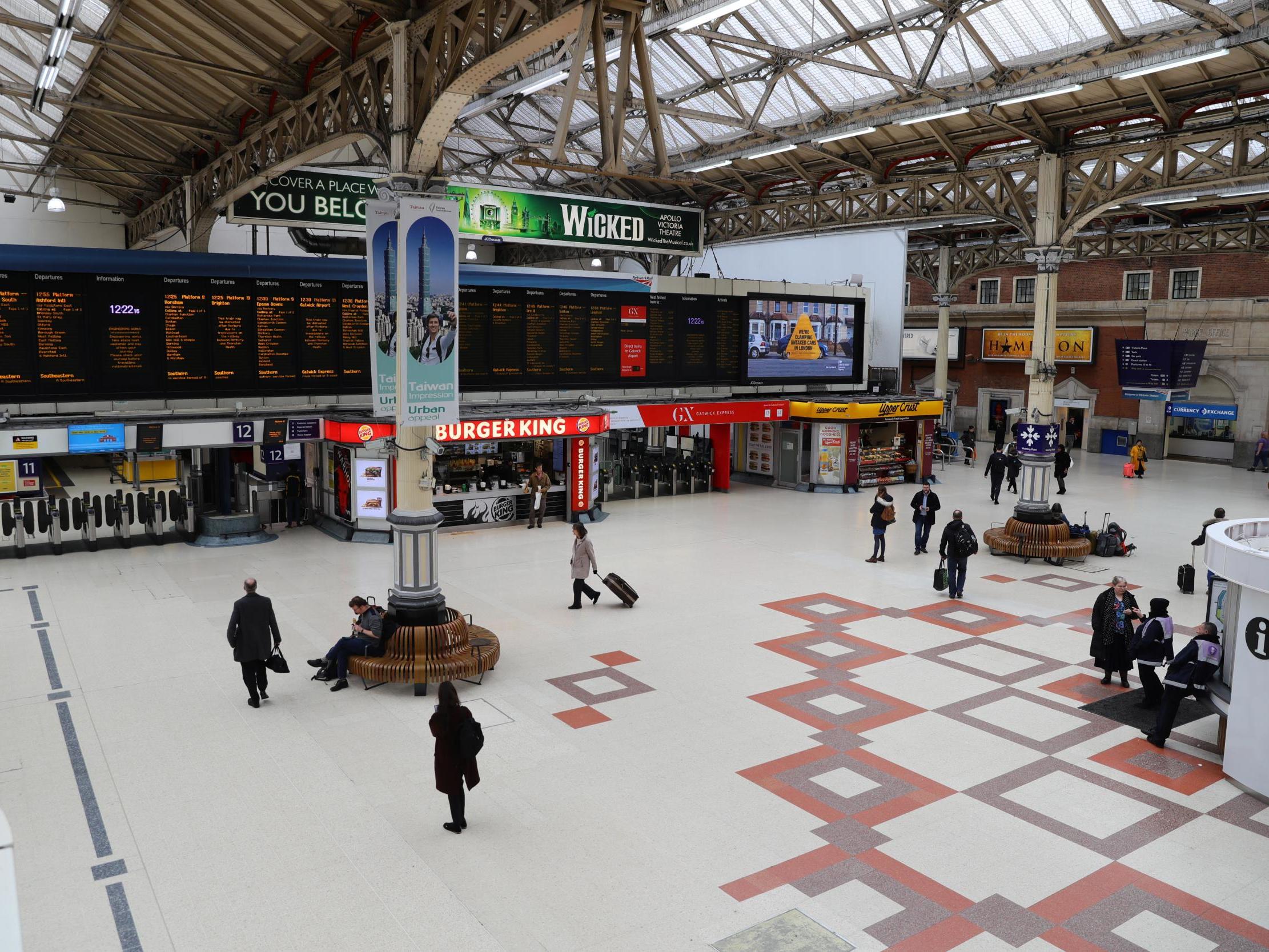Could coronavirus reverse the London ‘brain drain’ and help to revitalise other parts of the UK?
High rents, cramped housing, long commutes and the ability of more people to work remotely have seen the capital rapidly lose its appeal among younger generations in particular, writes Ben Chapman


The coronavirus pandemic is causing a rapid shift in attitudes towards city-centre living that could reverse the “brain drain” which has seen millions of people move to London in search of work, according to new research.
A survey of 2,000 people by TotalJobs, along with analysis of official internal migration data suggests that many people, particularly younger people, are now much less likely to want to live in the capital for the rest of their lives.
The average age at which people wish to move out of London has also fallen from 35 to 32 as people increasingly value more space and outdoor areas.
If these aspirations to escape London are realised it may help to revitalise smaller towns and rural areas that have seen younger people relocate to large cities.
Whether this trend continues or turns out to be a temporary reaction to the restrictions imposed during lockdown is not yet known but several factors suggest Britain may be witnessing a more permanent shift in attitudes.
Even before the pandemic, between 2015 and 2019, around 1.6 million people moved out of London while 1.1 million people moved in. Many of those who left (445,000) were aged between 20 and 29.
Over half of millennial Londoners (54 per cent) think it’s unrealistic to own property in the capital, according to TotalJobs’ poll.
That leaves them faced with the increasing cost of living in often cramped rental accommodation, while wages have barely increased in recent years, meaning that London is losing its appeal for many.
Record low interest rates and a failure to build social housing have pushed property prices up to new highs, leaving younger generations increasingly priced out of the housing market and forced to depend on insecure and expensive privately rented accommodation.
The UK has some of the most landlord-friendly private renting laws in the developed world with tenants allowed to be evicted at short notice for no reason.
About 1.6 million people who were working in London pre-lockdown have been working from home outside the capital, according to TotalJobs. One-third of respondents said they were more interested in living in a rural area than previously and 34 per cent said they wanted somewhere with more outside space.
The number saying that they intended to live in London for the rest of their lives fell sharply this year from 27 per cent to 20 per cent.
“The key driver is the desire for more space which is linked to the high cost of living in cities. This re-evaluation has been accelerated by the pandemic,” says Geraint Johnes, professor of economics at the University of Lancaster, who has studied net migration from large UK cities.
“Being able to find living accommodation that meets the needs of the family has become more important for people.
“A lot of people don’t buy in London, they rent, and they cannot afford a property that allows them to bring up a family.
“For many people they have found that they are able to work flexibly, for others location may not be an issue at all. They may be able to choose where they work and where they live quite independently.
“We’ve found that getting on for 40 per cent of people have worked from home during the pandemic.”
The experiences of lockdown have made some employers more willing to consider allowing employees work from home over the longer term where it is possible for them to do so.
“Already in London, employers had been increasingly willing to allow people to work flexibly. Many of them see the benefits of doing that," says Professor Johnes. "It saves a huge amount of commuting time, giving workers more time to spend on leisure and with their families, without reducing their working hours or productivity.”
“This has been talked about for some time but the experience of coronavirus has jolted employers out of their inertia when it comes to working from home."
He adds: “That could benefit businesses all round the country as we see an increasing disconnect between where people live and where they work. People in many occupations could work remotely and check in to the office occasionally.”
As with any economic shift, there will be losers as well as winners. The majority of jobs in the UK cannot be done from home. Millions of roles, particularly in the services sector, rely on the business of commuters. Food-to-go outlets like Pret a Manger have already sounded the alarm, while city centre pubs, dry cleaners and restaurants are also likely to suffer.
The prime minister recently emphasised the need for people to go into their workplaces where they can in order to support those businesses dependent on commuter trade.
But, for Professor Johnes, the changes currently underway may be irreversible.
“To a certain extent, that ship has sailed,” he says. “There were changes already underway in the way many people work anyway. Covid has super-accelerated those changes. Certainly there will be losers in the short term but this is not a zero-sum game.”
Join our commenting forum
Join thought-provoking conversations, follow other Independent readers and see their replies
Comments